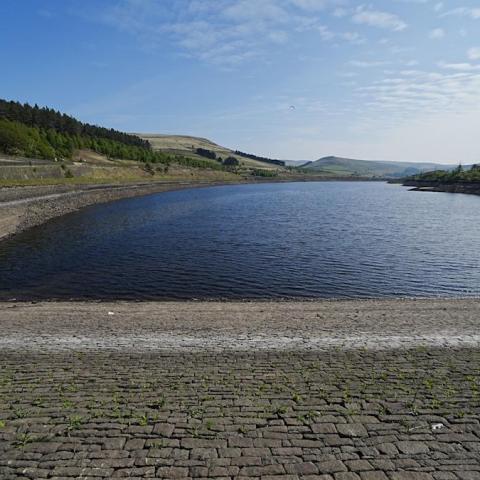Are you noticing how climate change is affecting our world? It’s no longer just a buzzword; it’s a reality we’re all facing. Recently, during Climate Week in San Francisco, Harvard’s Salata Institute for Climate and Sustainability hosted a panel discussion. This event aimed to explore how different sectors—communities, businesses, and governments—can work together to tackle climate disasters using innovative financial tools.
Hannah Perls, a lawyer and lecturer at Harvard, moderated the event. She began by discussing the important connection between risk and equity in the wake of environmental challenges. Her approach set the tone for a meaningful dialogue.
Dave Jones, a seasoned expert in climate risk, shared some alarming insights. With his deep experience as California’s former Insurance Commissioner, he highlighted the growing instability in the insurance market as climate-related disasters become more frequent. Jones pointed out that many U.S. regions are facing uninsurability, drawing attention to the need for incorporating preventive investments, such as sustainable forest management, into insurance models. This is not just theoretical. Recent pilot programs in California are pioneering this approach.
Then there was Kayla Calkins, a fresh voice from Harvard Kennedy School. As a Program Officer for the Climate Resilience Fund, she spoke about the individual stories behind disasters. Calkins emphasized compassion in community resilience strategies, especially in wildfire-prone areas. She noted that innovative approaches like parametric insurance, which pay out based on preset conditions rather than assessments, can provide quicker support to communities in need.
Bringing a global perspective, Barney Schauble discussed how climate risks are increasingly influencing reinsurance prices. His background in the sector allowed him to notice trends before they hit public awareness. Schauble urged stakeholders to pay attention to early warning signs in pricing data. These signals can guide policy decisions and land use in a way that mitigates future risks.
Audience engagement was a vital part of the session. Attendees asked questions and shared perspectives, further enriching the conversation. This interaction illustrated a collective commitment to finding solutions in real-time, as alumni, students, and industry professionals gathered to brainstorm practical strategies.
As the climate crisis deepens, the collaborative spirit showcased at this event is essential. By strengthening community resilience and rethinking insurance models, we can adapt to our new reality effectively. The insights shared by experts offer promising pathways toward a more sustainable future.
For a deeper dive into climate resilience strategies, check out this detailed [report from the National Oceanic and Atmospheric Administration (NOAA)](https://www.noaa.gov). It sheds light on the science and data behind climate trends.





















